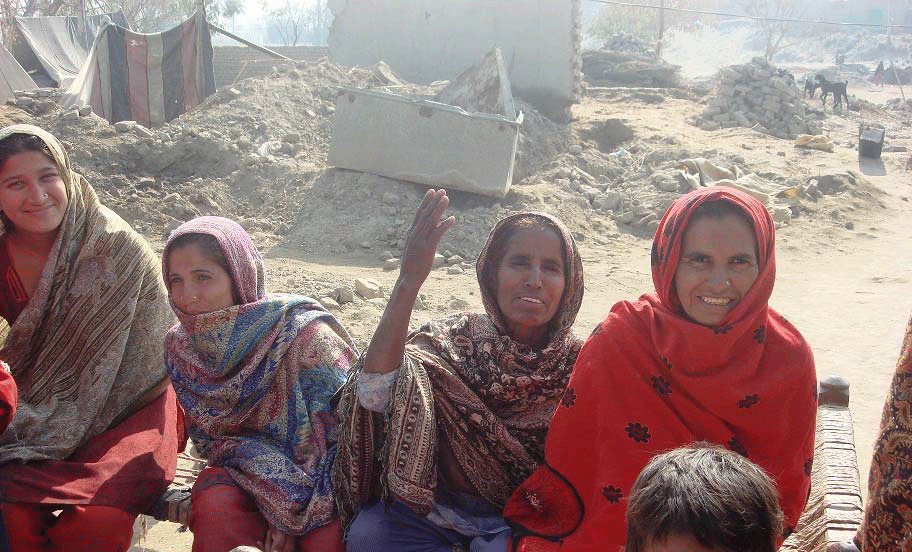One year ago during the month of July/August, the floodwaters that ravaged southern parts of Pakistan have long receded. Though gone are the makeshift tent camps on roadsides but revival of normal life and livelihood still remain a challenge. Thousands continue a daily struggle to support their families and re‐establish livelihoods. As a new monsoon season is on full swing, last year’s trauma and economic pain still linger. While last year’s victims struggle to recover, others now worry that changing world weather patterns will cause renewed flooding.
The devastation caused by the 2010 floods was worst in Pakistan’s history; almost 2,000 deaths, nearly 20 million displaced or affected and one‐fifth of the country went under water. The deluge inflicted unprecedented catastrophic damage on a country already reeling from the effects of US‐led war on terrorism. A year later, the picture is dismal.
Although many flood refugees have returned homes but little is known to the world about their miserable conditions and stories of struggle, to combat the horrific effects on lives and livelihoods. Particularly the women who are the worst‐hit still facing multiple challenges after one year. Their work burden is multiplied. While husbands and male members in poor families, being daily wagers, are struggling to find sources of livelihood, women remain busy in rebuilding their damaged shelters and dwellings. In small villages and hamlets, one can find these women doing brick work and plastering their mud and half cemented houses. The brave ones who have done the reconstruction work are out in the fields to assist their tilling husbands. Rest or respite seems rare thing to them.
Their lost possessions have been replaced at higher costs or not at all. Many marriageable girls who lost their dowry and valuables are making fresh start to make it again to get marry. To address the issue a new culture of collective marriages is gaining ground, which was earlier unknown to these areas. Unfortunately, the phenomenon is giving rise to another social trend of early girl marriages. Though the custom of girls’ early marriages is already present in Pakistan however, the post flood conditions have given new impetus to this trend. It must be stopped and the only way to tackle it is to initiate women focused anti‐poverty programs in the area. For instance, any scheme to allocate state land and distribution of livestock among poor women in area will be helpful in addressing the issue.



